Drivers given taxi licences despite criminal convictions
- Published
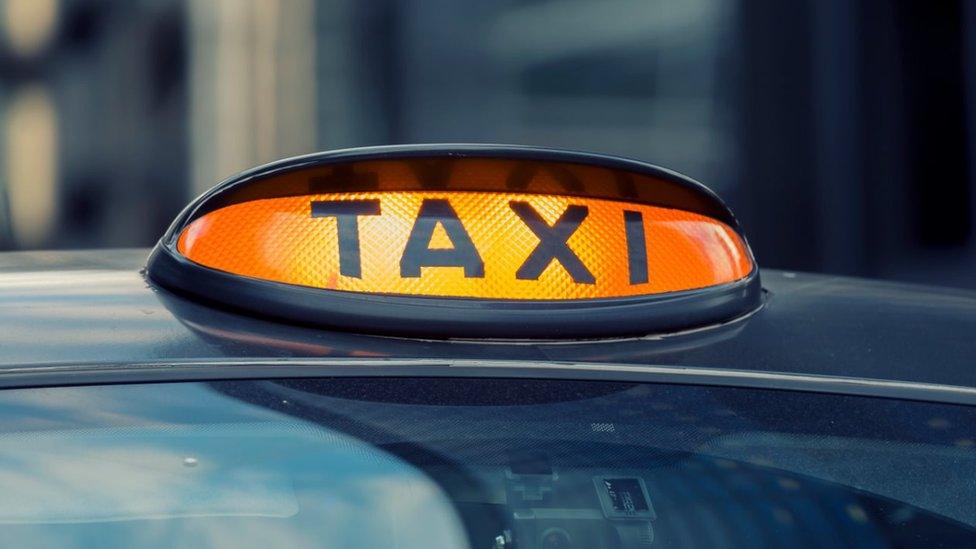
Individual councils are free to decide who they consider "fit and proper" to drive both Hackney Carriages and private hire cabs
Hundreds of taxi drivers have been granted licences despite declaring criminal convictions for sex offences, burglary and assault, figures show.
Six councils in north-west England granted or renewed permits for more than 300 convicted drivers since 2012.
The mother of a Salford student killed by a man posing as a taxi driver said it was "clearly wrong" to give licences to sex offenders.
MP Andrew Gwynne has called for current legislation to be tightened.
The Licensed Taxi Drivers Association (LTDA) said granting licences to convicted drivers was "putting the public at risk".
A BBC investigation found one in five drivers applying for a taxi licence in the region over the last two years had a criminal record.
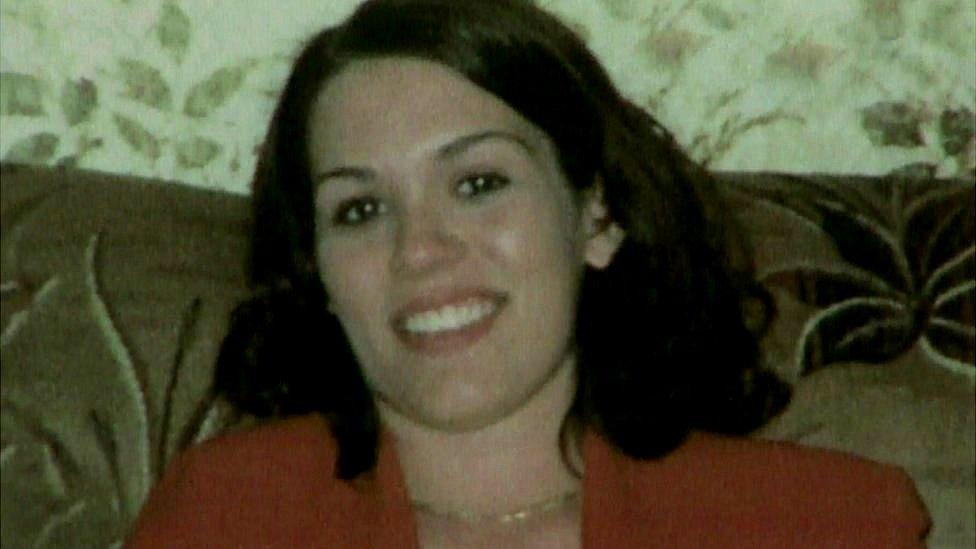
Salford medical student Rachel Thacker was murdered 21 years ago when she got into a car she thought was a taxi
Forty-one councils were asked under the Freedom of Information Act to reveal how many convicted drivers were granted licences.
Of the six that responded, Blackpool, Burnley, Cheshire East, Sefton, Eden and Trafford councils granted or extended licences for drivers with convictions including:
Three drivers, from Burnley, Trafford and Eden, with convictions for sexual offences
A Cheshire East driver convicted of indecent exposure
Three Sefton drivers with respective convictions for drug dealing, violence and harassment
An Eden driver with a conviction for illegally possessing a firearm
Blackpool drivers with convictions for theft, burglary and criminal damage
Local Government Association guidelines, external state applicants convicted of sexual or violent offences should be refused a licence.
However, councils are free to decide who they consider to be "fit and proper" drivers, and can take into account the date of the offence, the circumstances, and the applicant's behaviour since.
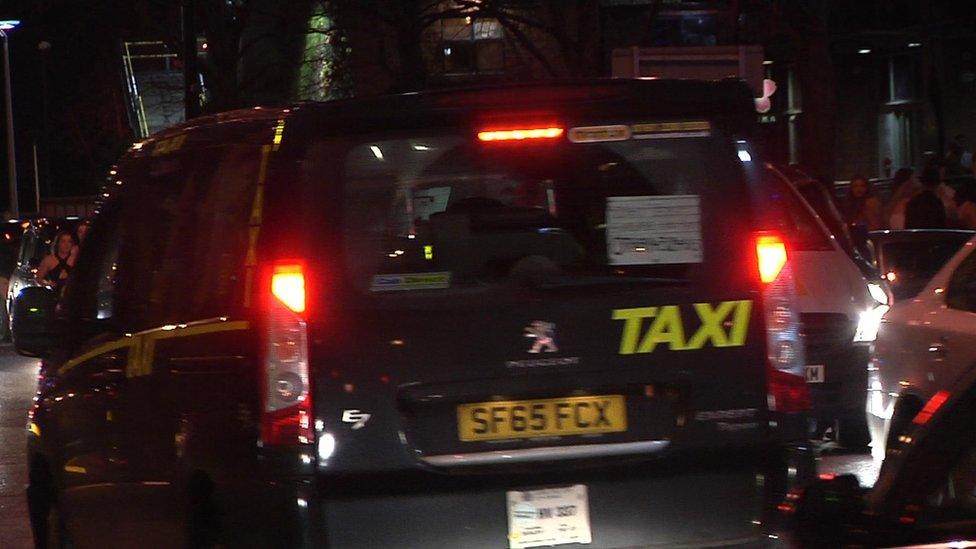
One taxi driver said parts of Manchester are the "Wild West" of illegal touting
Mr Gwynne, who represents Denton and Reddish, said he was concerned local authorities currently do not have powers over taxis licensed outside their area.
He said: "What shouldn't be allowed to happen is people who have been refused on legitimate grounds can then scurry off to a neighbouring local authority where they have lesser standards and successfully apply for a licence that they have no intention of using in that local area."
'Wild West'
Undercover reporters from BBC Inside Out North West also found five private hire drivers over a two-hour period were willing to break the law and offer unbooked journeys in Manchester.
One driver said: "There's no harm in it. Everybody's doing it."
Current laws stipulate private hire taxi drivers are only allowed to operate after being pre-booked.
Bob Azam, a hackney carriage driver for 15 years, described the city's Northern Quarter as the "Wild West" of illegal touting.
"People just see the word taxi and think that's a legal vehicle to get into. It's just a matter of time until someone gets seriously hurt or sexually assaulted."
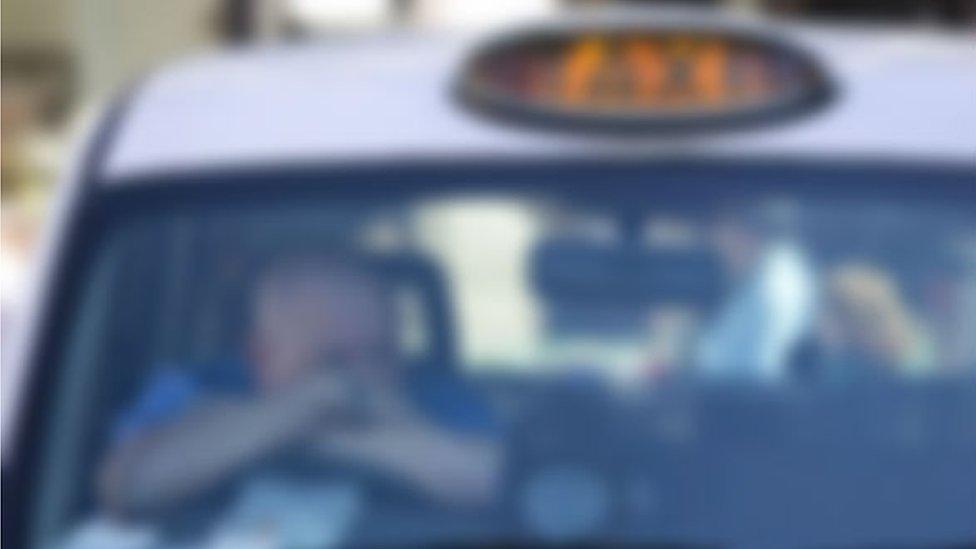
Calls have been made for the government to tighten up current legislation
Medical student Rachel Thacker was murdered 21 years ago when she got into a car she thought was a taxi.
Her battered and burnt body was found dumped in a skip in Ardwick. She could only be identified by her fingerprints.
Her killer, Duncan Bermingham, had borrowed the car from a friend and posed as a taxi driver.
Gill Thacker said her daughter's life had ended in "the most horrendous circumstances" and warned against getting into an unlicensed vehicle.
She said it was "clearly wrong" for drivers with sexual convictions to be granted licences.
"They shouldn't be allowed to be taxi drivers. I wouldn't have thought they'd have got a licence if they'd got convictions for sexual offences," she added.
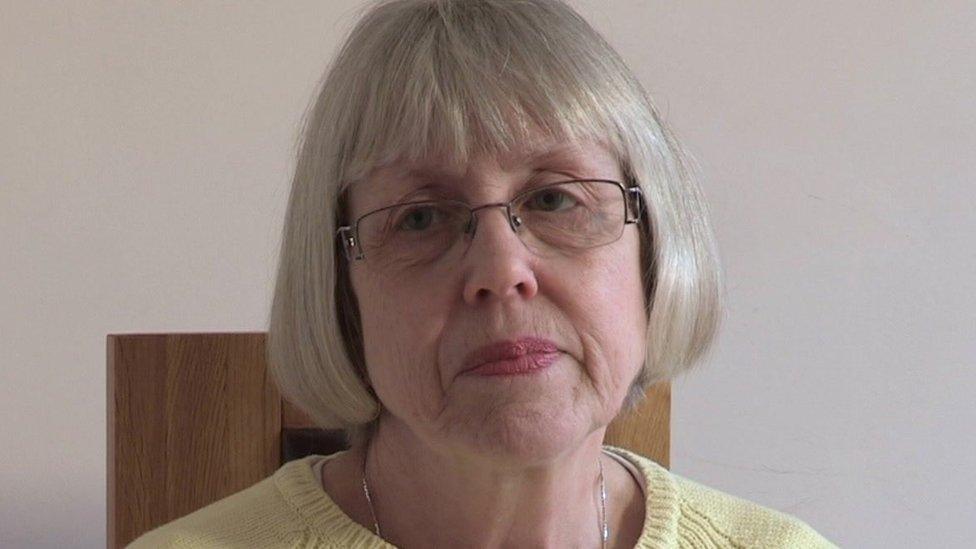
Gill Thacker, whose daughter Rachel was murdered by a man posing as a taxi driver, said it is "clearly wrong" for drivers with convictions to be handed licences
Steve McNamara, general secretary of the LTDA, said: "These drivers clearly fail to meet the fit and proper person test and should never have been in a position to transport members of the public.
"The problem is that councils set their own licensing standards and in some areas these are woefully inadequate - putting the public at risk.
"We believe that the government must take urgent action to address this by establishing a clear set of robust minimum licensing standards, applicable across all authorities."
Five of the six councils who granted licences to convicted drivers defended their procedures and said a wide range of checking systems were in place.
Blackpool Council said it considered factors including the age of the conviction, the penalty imposed, and the applicant's conduct since the offence.
Burnley Council explained its decision to grant a licence to a driver with a sexual conviction, adding: "Members took into account all the available evidence at the hearing and determined that the applicant was fit and proper."
Trafford Council did not respond to requests for a comment.
Inside Out North West is on Friday 31 March at 19.30 BST on BBC One in the North West and later on BBC iPlayer for 30 days